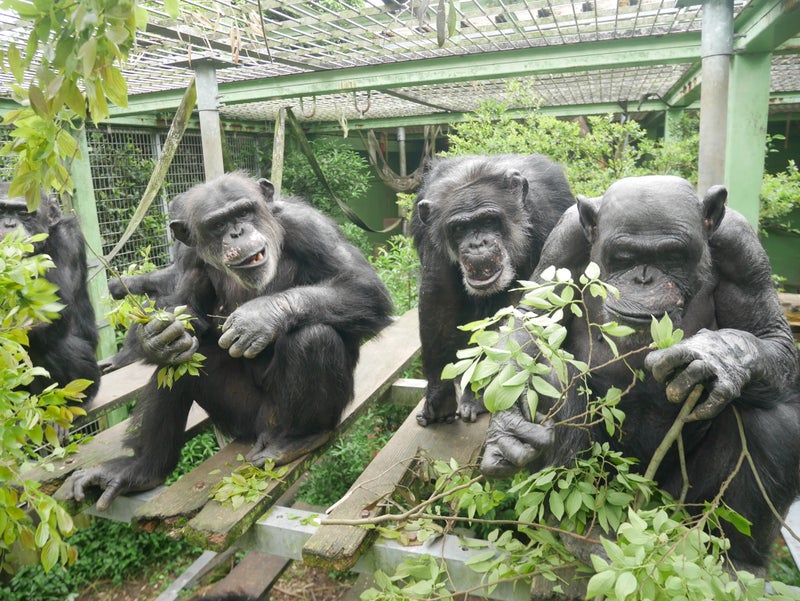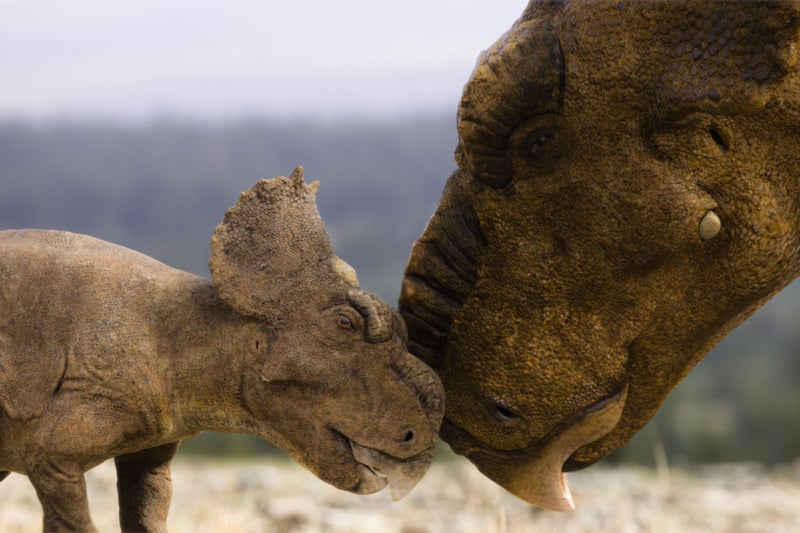Scientists find out this strange habit in humans’ closest living relative
Share:
Researchers at Japan’s Kyoto University say their findings could have wide-reaching importance for understanding the behavior of animal species. Scientists have uncovered a curious behavior in humans’ closest living relatives. Scientists are now trying to establish the role this behavoir has in social and group bonds.
![[Chimpanzees hold orange slices. Scientists say more research is needed to understand whether similar behavior is shown in other species]](https://static.independent.co.uk/2025/01/20/15/Chimpanzees-holding-orange-slices-CREDIT-Kumamoto-Sanctuary-et-al.jpg)
“In humans, urinating together can be seen as a social phenomenon,” Kyoto University’s Ena Onishi said in a statement. Onishi led the study alongside other researchers at the Japanese institution. “We found that chimpanzees, our closest relatives, tend to urinate in response to the urination of nearby individuals,” she said.
The authors studied 20 captive chimps living at the Kumamoto Sanctuary for more than 600 hours, including 1,328 “urination events.”. They analyzed the data to see whether peeing among the primates was simultaneous, by incorporating potential influencing factors, including whether the behavior was influenced by nearby chimpanzees.
Urination events were more in sync during the authors’ observations than would be expected if the chimpanzees were peeing at random times. The closer one was to the first urinator, the likelihood of these events was increased. Furthermore, those with lower dominance ranks were more likely to follow when others were peeing, suggesting that patterns were influenced by social hierarchy.
“We were surprised to discover that the contagion pattern was influenced by social rank,” Onishi said. “Since there were no prior studies on contagious urination in any species, we drew parallels to contagious yawning, another semi-voluntary physiological behavior.”.






















